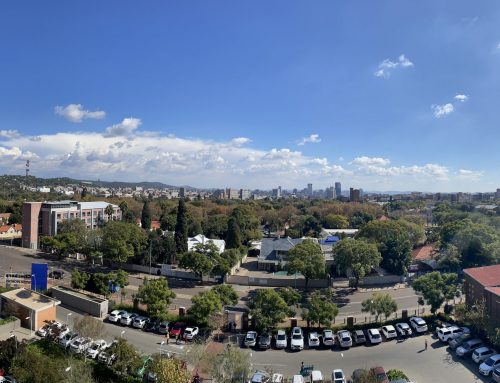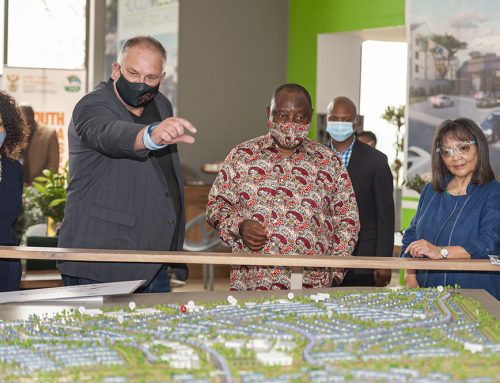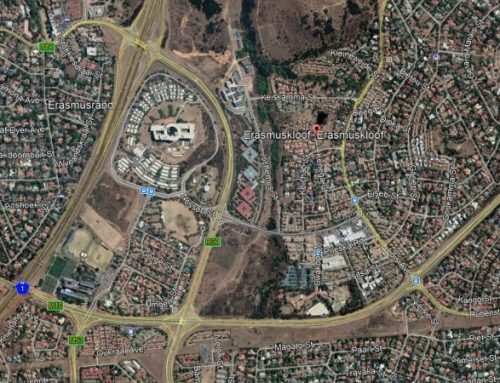Durbanville Suburb and Wine Region – Centrally situated, Durbanville, a suburb and wine region, is approximately 28km from central Cape Town, a twenty-minute drive from Blaauwberg beach and close to the towns of Stellenbosch, Paarl, Malmesbury and Wellington. It is relatively small in comparison to the rest of the city but is considered one of the fastest growing towns in South Africa and, as an add-on, the picturesque avenues are filled with historical buildings, atmosphere and old-world charm.
Durbanville is known to have a very moderate climate compared to the surrounding areas.
This area has a population of great diversity, from young successful entrepreneurs and business successors to the well-established elderly with a “zest for life”. From well-known coffee shops and chic eateries, to thriving restaurants and world-famous wine farms, they are all just a stone’s throw away. This neighbourhood can be described as energetic, successful, trendy, peaceful and very well situated for access to all the other splendours that Cape Town has to offer.
The town boasts numerous public schools, including Durbanville High School (Afrikaans), Fairmont High School (English), and Stellenberg High School (Afrikaans and English). The primary schools include Durbanville Primary, Eversdal Primary, Gene Louw Primary and Kenridge Primary. The area also has a number of private schools, namely Curro, Chesterhouse and El Shaddai Christian School. The town is surrounded by farms producing wine and wheat. The Durbanville Wine Route, with vineyards on the slopes of the Tygerberg Hills, is home to award-winning wine estates including Altydgedacht, Bloemendal, D’Aria, De Grendel, Diemersdal, Durbanville Hills, Klein Roseboom, Nitida and Meerendal Farms.
The Northern Suburbs boast several shopping malls, but the commercial heart of this region is the Tygervalley Centre, a modern centre of enormous size that is surrounded by high office buildings. The Tyger Waterfront was completed around a waterhole and is the Northern Suburbs alternative to the Victoria & Alfred Waterfront in Cape Town. Several restaurants and bars are situated around the edge of the waterhole with easy access to the N1 highway.
Durbanville Industrial (including Interactive Park, Durbanville Industrial Park etc.) is situated approximately 5km outside Durbanville just off the Klipheuwel Road. It is also in close proximity to labour with easy access to Paarl, Wellington and Malmesbury.
The town of Durbanville sprung up around a local spring in the 17th Century. It initially served as a rest and refreshment point for people traveling from Cape Town to the trading posts in the north. As traffic grew, so did the town, and vineyards planted in Durbanville were producing wine as early as 1702. Durbanville has become a part of the larger Cape Town urban area. As such the region is well-placed for wine tourists eager to visit a tasting room or cellar door.
Durbanville is a small and hilly wine producing region which receives cool sea breezes making it one of the country’s coolest wine-producing regions. Flinty, herbaceous Sauvignon Blanc is the most important style of wine produced from the grapes grown here. Cool-climate examples of Chardonnay, Shiraz, Pinotage and Merlot are produced here as well.
The vineyards lie among the Tygerberg Hills in a valley that runs from north to south. False Bay is 26km south of the valley and the west coast just 13km away. Intense sunshine in Durbanville is tempered by the cooling southerly breezes from False Bay that are funnelled up through the valley in the afternoons. Vineyards rise between 250 and 400 meters, which also serves to lower the temperature of the region. These climate-moderating factors have enough of an effect on the average temperatures in the area that Durbanville wines are characteristically cool-climate in style.
The gently rolling terrain provides different microclimates and growers have a wide choice of aspect, slope and exposure to suit their viticultural needs. Higher vineyards that are more exposed to the wind are often several degrees cooler than those in the more-sheltered valleys. The shadows of the hills also serve as a cooling influence. Typically, white-wine varieties are planted on the shaded north-facing slopes and red-wine grapes on the sunnier south-facing slopes.
The majority of the rainfall in Durbanville comes in the cold winter months, allowing the water table to replenish while the vines lie dormant. Well-drained shale soils with good water retention mean that very little irrigation is needed over the summer and many growers prefer to forgo it completely.
The Durbanville Wine Valley consists of a unique selection of wineries, each offering the finest in wines and complemented with some of the best fine dining restaurants and intimate country kitchens in the region.
Altydgedacht, Bloemendal, Canto, D’Aria, Diemersdal, De Grendel, Durbanville Hills, Hillcrest, Klein Roosboom, Loch Lynne, Maastricht, Meerendal, Nitida, Groot Phesantekraal wines and Signal Gun are the 15 prestigious wine farms that make up Northern Cape Town’s Vineyards. Each winery has its own charm and expresses timeless country elegance through the collection of wines they produce and the culinary experiences they have on offer.
As there are only 15 prestigious wine farms in the Durbanville area, sales of farms are few and far between. Discussions with brokers familiar with wine farm sales are of the opinion that Durbanville farms should achieve sale prices between that of which Paarl and Stellenbosch wine farms would achieve.
Do you require a wine farm valuation? Equip yourself with a wine farm valuation report from Valuetec, to enable informed decision making, as we are experienced and professional wine farm Valuers.
Ricardo Gouveia, director of Valuetec, in addition to having a sound knowledge of wine and vineyards, holds a Wine Diploma from the Cape Wine Academy. He therefore oversees the valuation of wine farms undertaken by Valuetec in the Western Cape. Valuetec have offices near Durbanville in Bo Oakdale, Cape Town and undertake valuations of all types of properties ranging from agricultural, commercial, retail, industrial, specialised and residential. Contact us today, whether you require a wine farm or an alternative property valuation for acquisition, disposal or financial statement purposes.
Tags: wine farm valuations, farm valuations, farm valuers, vineyard valuations, wine farm valuers, western cape valuers, cape town valuers, property valuers, Durbanville valuers, residential valuations, commercial valuations, agricultural valuations, industrial valuations, property valuations, Valuetec, valuers, valuations, wine, Durbanville, Durbanville wine region.







Leave A Comment